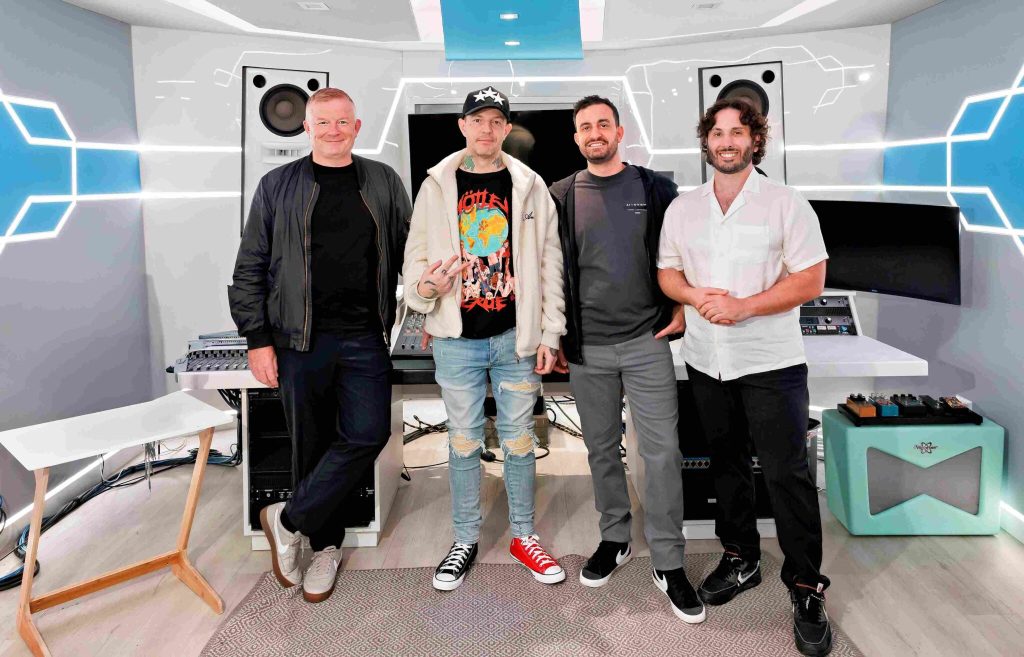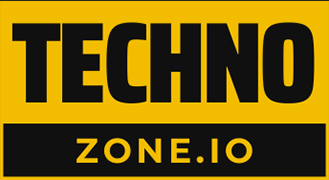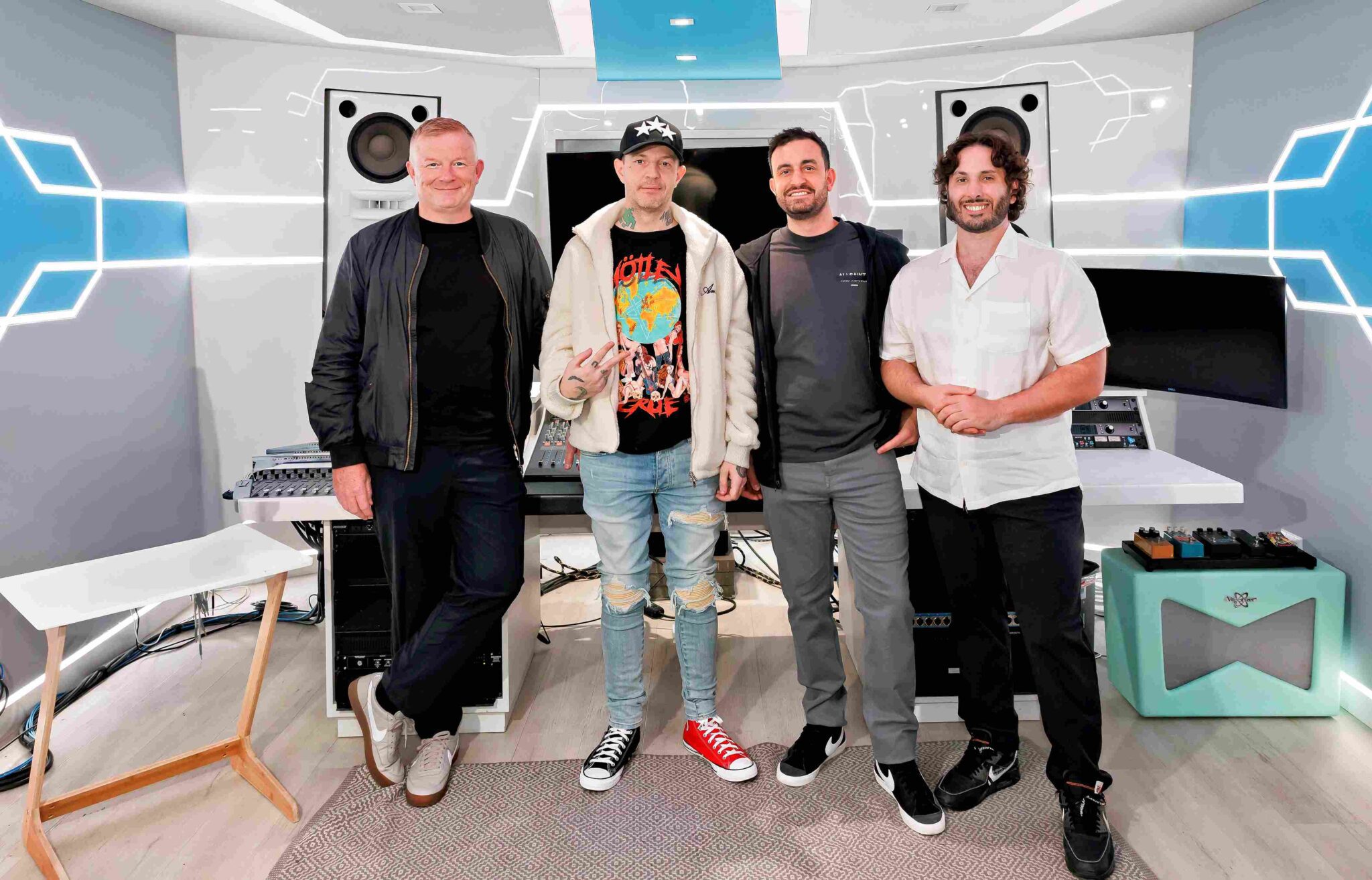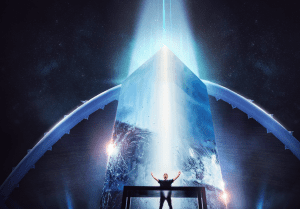Joel Zimmerman, better known as deadmau5, has officially sold his entire music catalogue — a massive move that’s sending shockwaves through the electronic music world.

The deal, reportedly worth over $55 million, also includes his iconic label, mau5trap. But the decision wasn’t driven by financial desperation or industry pressure. According to Zimmerman, the reason was much simpler: freedom.
“It Was Time to Let It Go”
In a candid interview with Billboard Canada, deadmau5 shared that managing a sprawling catalogue of thousands of tracks had become more of a burden than a creative pursuit.
“It was time to just let it go,” he said plainly. “It was a hassle.”
Years of overseeing music rights, royalties, licensing, and label operations had become a full-time job—and not the kind that inspires studio magic. By handing over the reins, Zimmerman is freeing himself from administrative overload, clearing space for future projects and personal growth.
mau5trap Joins Create Music Group
The buyer? Create Music Group (CMG) — a rising powerhouse in the world of music rights and digital content.
CMG didn’t just buy the music; they acquired mau5trap, too — a label that helped launch and nurture talents like REZZ, i_o, and Moguai. The acquisition reflects a long-standing trust. Zimmerman has known CMG’s co-founders, Jonathan Strauss and Alexandre Williams, for nearly 20 years.
“We didn’t need to look far,” he said. “They were the obvious choice.”
That level of personal rapport and professional trust made the transaction smooth—and more meaningful than a typical buyout.
Creative Freedom, Not Retirement
Contrary to fan speculation, this isn’t an exit. deadmau5 isn’t retiring — he’s restructuring.
By selling off the catalogue, Zimmerman gains the bandwidth to explore new creative horizons, unencumbered by the minutiae of rights management. It’s a strategic pivot that reflects a broader trend in the music industry, where artists are monetizing legacy assets to reinvest in the future.
Other major names like Justin Bieber, Dr. Dre, and Timbaland have made similar moves recently, each leveraging their past to fund what’s next. For deadmau5, this is about leaning forward, not stepping back.
What Happens to the Music?
CMG now controls one of the most recognizable electronic back catalogues of the past 20 years — including hits like “Ghosts ‘n’ Stuff”, “Strobe”, and “Raise Your Weapon”.
But fans needn’t worry. The catalogue will remain available across platforms, and the label will likely continue to push its distinctive brand of forward-thinking electronic music. CMG, known for its aggressive investment in creator-driven content, is expected to give both the music and the brand new life through sync deals, digital monetization, and global outreach.
A Legacy Monetized, A Future Unlocked
Zimmerman’s move is bold, but it’s not unusual. In fact, it’s emblematic of a new artist mindset—where legacy is a lever, not an anchor.
As the music industry continues to evolve, artists like deadmau5 are rethinking how they balance ownership, creativity, and longevity. By selling his past, he’s making room for something new—whatever that may be.
For fans, this means one thing: deadmau5 isn’t done. He’s just lighter, leaner, and ready to go even deeper.







Comments are closed.